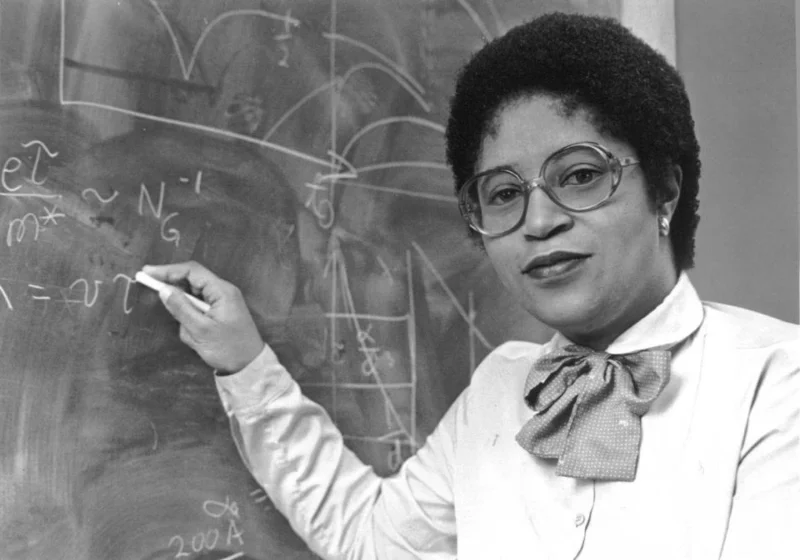Short Summary
Shirley Ann Jackson is a renowned physicist and accomplished academic leader, celebrated as one of the first African American women to earn a doctorate from MIT in any field. Her pioneering research in theoretical physics and telecommunications has had a significant impact on technology and science. As the President of Rensselaer Polytechnic Institute, she has transformed the institution into a leading research university. Her career is marked by numerous accolades and her influence in scientific communities worldwide.
Early Life & Education
Shirley Ann Jackson was born on August 5, 1946, in Washington D.C., into a family that valued education highly. Her parents encouraged her intellectual curiosity from a young age, fostering her love for mathematics and science. She attended Roosevelt High School, where her academic prowess became evident. Encouraged by her teachers, she pursued higher education at the Massachusetts Institute of Technology (MIT), where she completed her bachelor's degree in physics. Jackson continued her studies at MIT, earning a Ph.D. in theoretical solid-state physics in 1973, becoming one of the first African American women to achieve this milestone.
Career Highlights
Shirley Ann Jackson began her career in academia and research, holding various positions at prestigious institutions such as the Fermi National Accelerator Laboratory and AT&T Bell Laboratories. In 1995, she was appointed as Chairman of the U.S. Nuclear Regulatory Commission by President Bill Clinton, where she played a crucial role in overseeing nuclear safety regulations. Jackson's leadership skills were further recognized when she became the President of Rensselaer Polytechnic Institute in 1999, a position she has held with distinction, spearheading significant advancements in research and education. Her work has been instrumental in bridging the gap between academia and industry.
Major Achievements
- First African American woman to earn a Ph.D. from MIT in any field.
- Served as Chairman of the U.S. Nuclear Regulatory Commission from 1995 to 1999.
- President of Rensselaer Polytechnic Institute since 1999, transforming it into a world-class research university.
- Recipient of the National Medal of Science for her contributions to physics and science policy.
- Inducted into the National Women’s Hall of Fame in 1998.
Famous Quotes
- "I have always believed that education is the key to freedom."
- "It is important to prepare the next generation of innovators."
Interesting Facts
- She has been a lifelong advocate for diversity in STEM fields.
- Jackson's research helped lay the groundwork for developments in telecommunications technology.
- She holds more than 50 honorary doctoral degrees.
- She was the first woman and first African American to lead the U.S. Nuclear Regulatory Commission.
- Jackson has served on the boards of several major corporations, including IBM and FedEx.
Legacy / Influence
Shirley Ann Jackson's legacy is profound, with lasting impacts in both scientific research and academic leadership. Her work has paved the way for future generations of women and minorities in STEM fields. Through her leadership at Rensselaer Polytechnic Institute, she has fostered innovation and excellence in engineering and technology education, influencing countless students and professionals worldwide.
FAQ
Q: Why is Shirley Ann Jackson famous?
A: She is renowned for her groundbreaking contributions to physics and her leadership roles in academia and government.
Q: What is Shirley Ann Jackson's primary field of study?
A: Her primary field of study is theoretical solid-state physics.
Q: What notable position did she hold in government?
A: She served as Chairman of the U.S. Nuclear Regulatory Commission from 1995 to 1999.
Q: What role does she currently hold?
A: She is the President of Rensselaer Polytechnic Institute.











